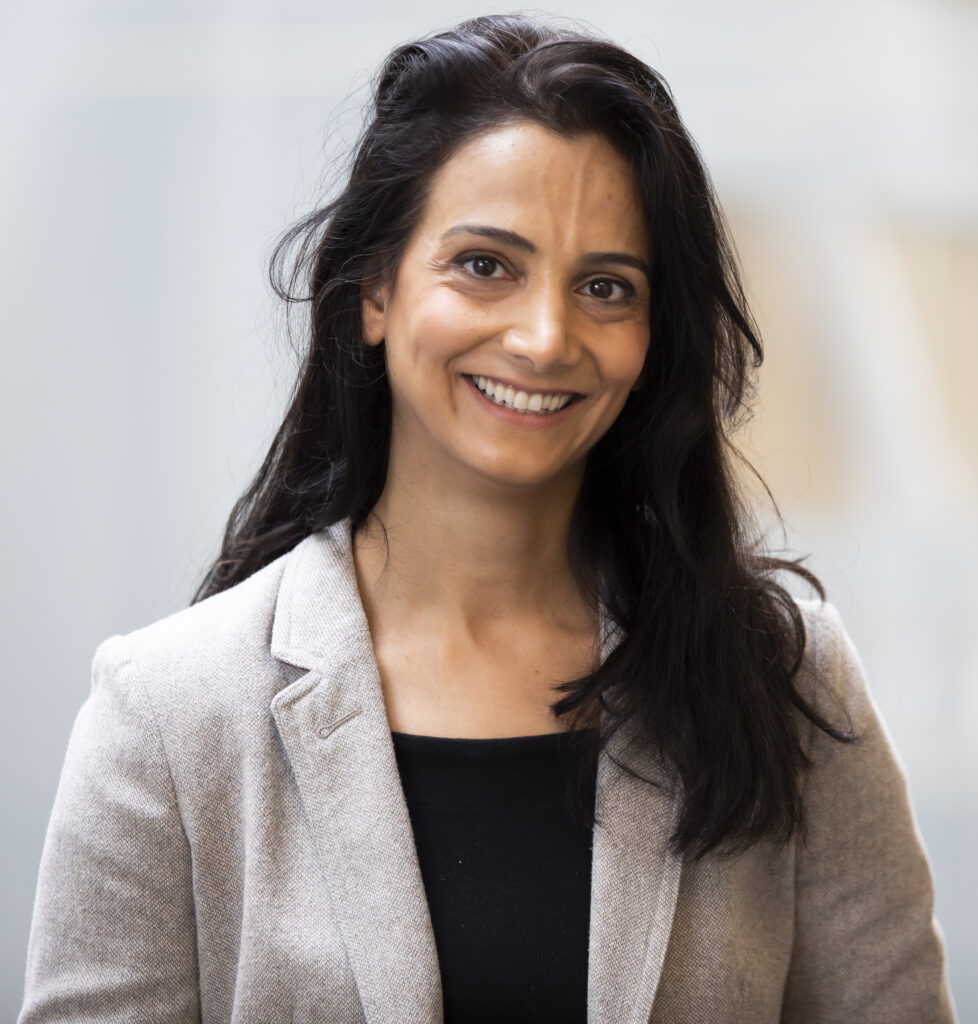Roya Ensafi receives NSF CAREER Award for efforts to combat censorship worldwide

Morris Wellman Faculty Development Professor Roya Ensafi has received a National Science Foundation (NSF) CAREER Award to advance the scientific understanding of contemporary online censorship and develop principled and effective countermeasures. Her project is titled, “Internet-wide Censorship Detection, Diagnosis, and Circumvention Beyond Nation-state Censorship.”
The CAREER Award, among the most competitive offered by NSF, is typically given to fewer than 400 young scientists and engineers each year across all disciplines. According to the agency, they support “early-career faculty who have the potential to serve as academic role models in research and education and to lead advances in the mission of their department or organization.”
With the rise of harsh authoritarian regimes and increasingly suppressive actions by private institutions, major platforms, and Internet service providers (ISPs), the need for more research into censorship has grown as well. Ensafi’s project aims to hold current and future censors accountable and safeguard users. Looking to advance the scientific understanding of contemporary online censorship and develop principled and effective countermeasures, the researchers hope to enhance global censorship observatories through the design and validation of new methodologies for detecting blocking activities.
The project introduces scalable techniques for detecting deep packet inspection (DPI) middeboxes and tracking their use for censorship, as well as providing accurate threat models for modern DPI capabilities by simulating an adversarial network in partnership with a mid-sized ISP. This investigation into the quantitative and qualitative factors behind circumvention tool (CT) adoption helps ensure they meet and safeguard users’ needs while contributing to a more secure and democratic technology future by upholding Internet freedom and human rights.
Ensafi is a recipient of a Google Faculty Research Award, an NSF Research Initiation Initiative award, the Consumer Reports Digital Lab fellowship, and multiple IRTF Applied Networking Research Prizes. Her work has been cited in popular publications such as The New York Times, Newsweek, Business Insider, Wired, and Ars Technica. In 2021, she was invited by the White House to speak on “democracy-affirming technology” at President Biden’s Summit for Democracy.
 MENU
MENU 
